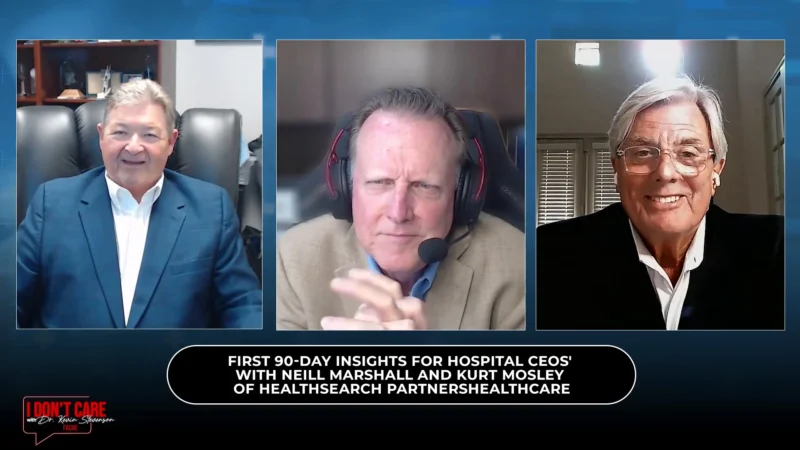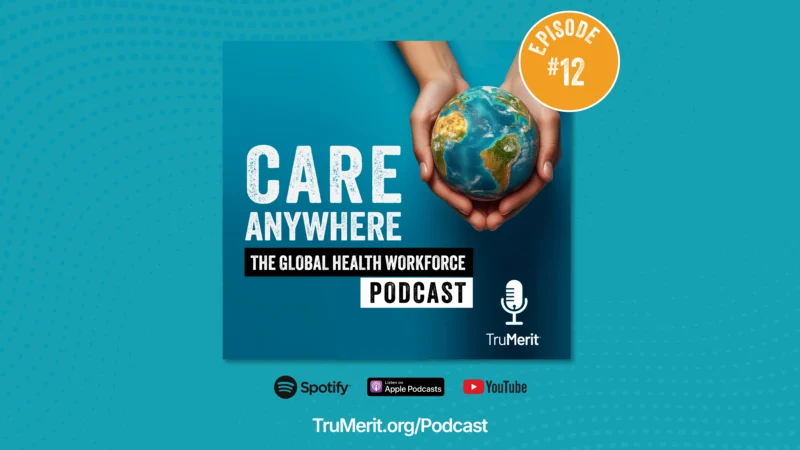The Elevated Employee Experience: A Look at the People-First Culture at ElevatePFS
As Senior Director of HR and HR Operations at ElevatePFS, Lindsey Hoskinson brings a decade of dedication to building a people-first culture. She works closely with employees across departments and regions, supporting teams that drive impact from the inside out.
Lindsey sees teamwork as the heart of ElevatePFS. In her role, she witnesses how employees apply their unique skills, experiences, and perspectives to advance the company’s mission, vision, and values every day. Whether it’s supporting patients, clients, or one another, collaboration fuels ElevatePFS’s success.
With a deep appreciation for the people she serves and leads, Lindsey’s work reflects ElevatePFS’s commitment to shared purpose, connection, and growth.
ElevatePFS is proud to foster an environment where employees are empowered to lead with integrity, support one another, and grow in their careers. Through strong leadership and a unified culture, the organization continues to elevate both its people and its impact.




